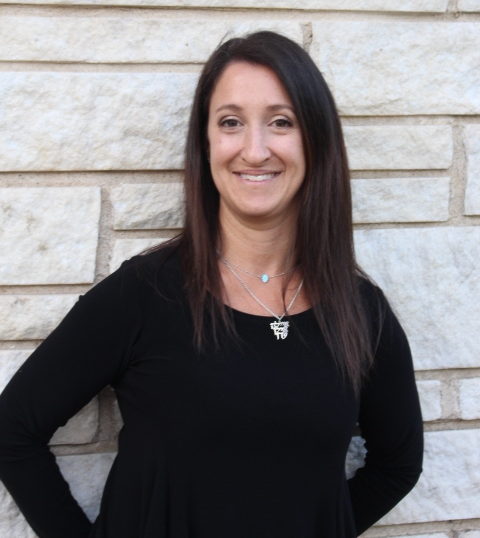
When I was a classroom teacher I bought every new “great read-aloud” book for my classroom library. One of my favorites was a book called “What Do You Do With A Problem”, by Kobi Yamada (Click to hear the story).
It is the story of a child who encounters a persistent problem. The longer the problem is avoided, the bigger it seems to get. Finally, the child finds the courage to face the problem only to discover that facing a problem is really an opportunity to learn, grow, be brave, challenge ourselves and discover our capabilities–in essence to become resilient! Not a new message, the book could have been based on a Talmudic thought which says, “a blessing is only found in something that is hidden from the eye.”
Resilient children are problem solvers. The big question is how do we get our children to learn to problem-solve independently which leads to becoming resilient children? The simple answer is “what they can do… let them, what they can’t… help them”–gradually releasing so that they learn to ask themselves questions in order to think through solutions that will ultimately develop the skill of problem-solving.
This is easier said than done, but why? It is because we never want to see our children fail, in pain or struggling. It is natural as a parent to want to fix it for our children. It can be so upsetting to see our children in distress that we can be overly supportive–or in some situations engage in what we can call “protective parenting.” When our children have an uncomfortable feeling, we feel the need to let them know that we are there for them and that we want to take that feeling away. Learning to sit with that feeling and especially to understand it for the next time it comes around is a way to build resiliency.
Remember back to the first time you had that uncomfortable moment where you had to perform for a group of people and you “got through it.” This feeling stays with us and helps prepare us for the next time we get a similar or more often worse feeling. We are then able to reflect and use this moment to help us be resilient and push through, knowing it will be uncomfortable, but ok.
Building resilience in our children requires investment in the long game and the ability to get comfortable with our child being in reasonable distress. This also requires us as parents to accept that they will be in distress and have big feelings we cannot fix.
The hard part as parents is that we need to assess each situation and ask ourselves “what can my child handle, what do they need and when should I intervene?” Then, we need to let them do just a little more. In other words, finding a balance between – doing for your child what they can’t do for themselves and guiding and supporting them when they almost can do something but NOT doing it FOR them. This is not a science and takes practice. The good thing is that as parents we just have to get it right more than we don’t get it right!
We can also consider other executive function skills (for another newsletter!) of:
- adapting/shifting/pivoting if/when needed (flexible thinking)
- perspective-taking
- self-regulation
- self-monitoring
You will make the wrong call sometimes and that’s ok. You are resilient, just like your children– think flexibility, and take perspective saying to yourself or even better modeling for your children. “This was not my best parenting moment, but I got through it. I am resilient and not just bouncing back but bouncing FORWARD!”
Looking for more great advice? Check out The Yoetz Porch.
About the Author
 Shira Raviv Schwartz
Shira Raviv Schwartz
As a veteran teacher and reading specialist, Shira Raviv Schwartz is currently an educational advocate supporting parents in over a dozen Chicagoland school districts. She coordinates the NorthShore Awareness group organizing speakers on topics including ADHD, Learning Disabilities, Anxiety, IEP’s/504’s, Assistive Technology, School Refusal and Executive Function. Shira serves on the board of Everyone Reading Illinois (Dyslexia Association) and is the mother of 3 children all of whom were Ramah Darom campers. As a Birmingham native, Shira attended Ramah Palmer and has spent the last 10 summers at Camp Ramah Darom.